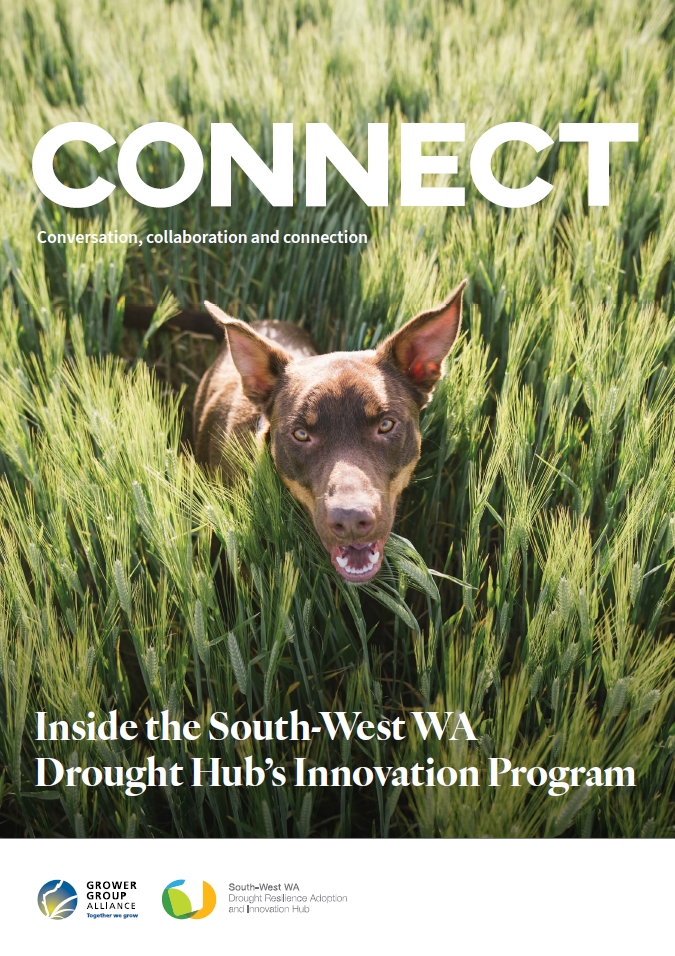In 2022, the Australian Government provided the South-West WA Drought Resilience Adoption and Innovation Hub (SW WA Hub) with $2.5 million to enable it to expand its remit beyond drought under the Agricultural Innovation Hubs Program.
A total of 10 exciting and diverse projects were rolled out, with focus areas ranging from paddock-level carbon benchmarking, through to drone‐mounted grazing monitoring for the southern rangelands and improved vineyard floor management.
Co‐contributions to the short‐term projects have been provided by SW WA Hub Consortium Partners which successfully applied for a targeted and competitive grant opportunity through the Hub.
“These projects are great news for agriculture in the South‐West WA agricultural region and align with National Agricultural Innovation priorities targeting exports, climate resilience, biosecurity and digital agriculture,” SW WA Hub Director Mark Holland said when funding was announced.
“Innovation and collaboration are critical to unlocking step‐changes in productivity and profitability for farmers and their communities, and these initiatives will help the Hub to deliver on this key aim.”
The projects and lead organisations include:
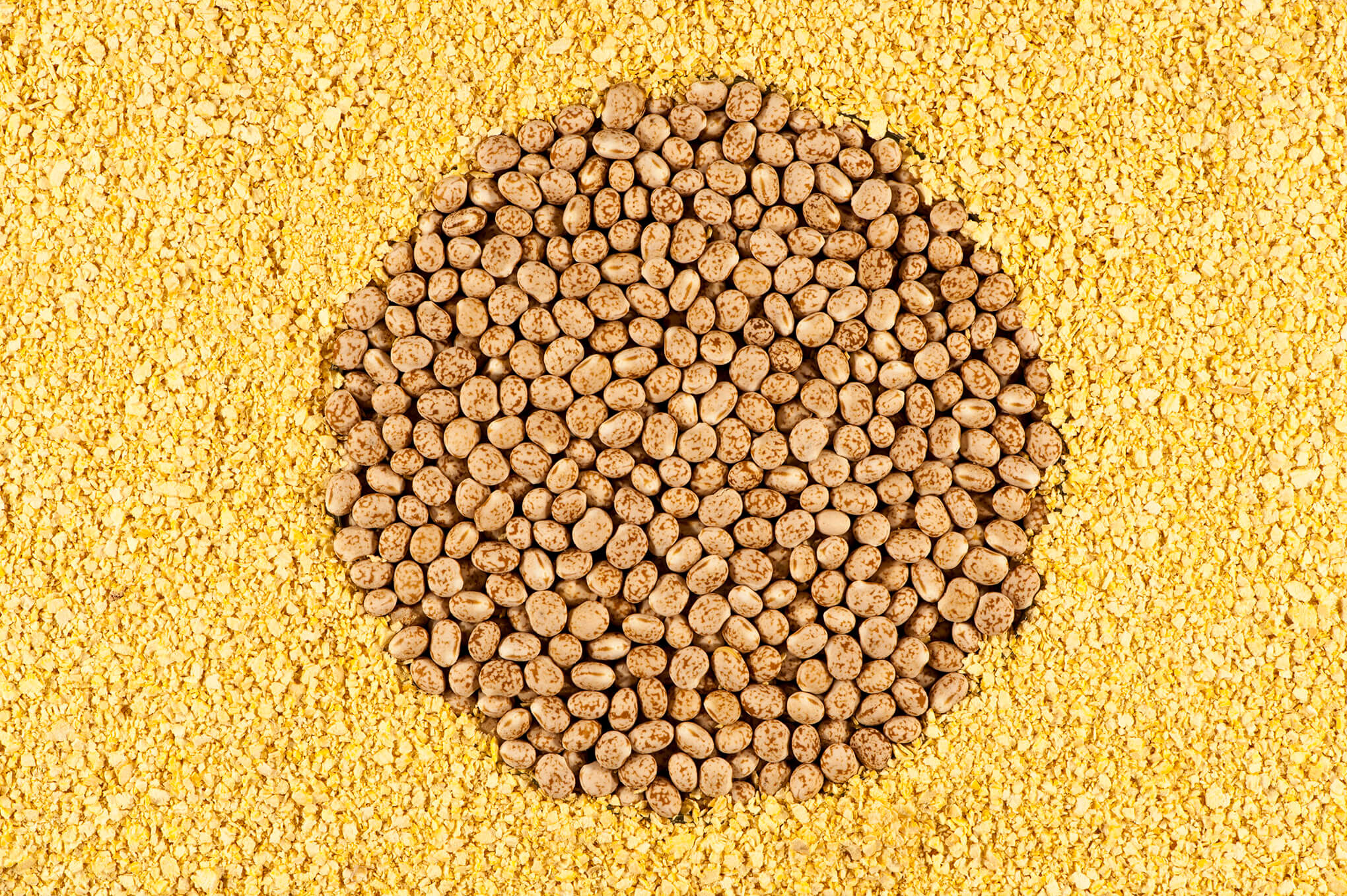
Value‐added lupin exports
Establishment of an incorporated lupin value‐adding syndicate to advance the production and export of lupin food ingredients, finished food products and concentrated livestock feeds.
Lead: Department of Primary Industries and Regional Development (DPIRD)
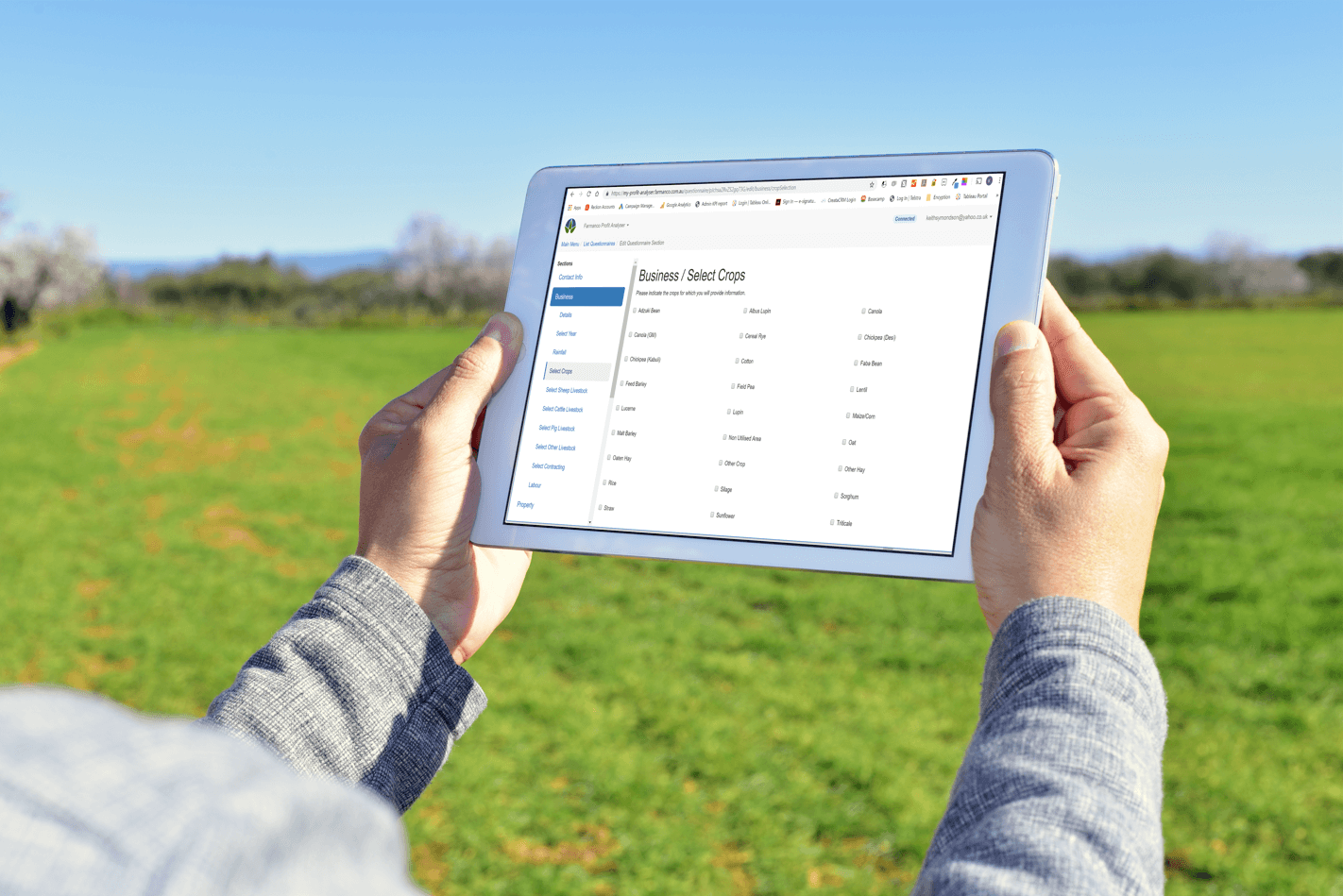
Paddock level carbon benchmarking
Development and implementation of Clean Energy Council‐approved University of Melbourne carbon calculator within a cloud‐based data capture and benchmarking platform.
Lead: Farmanco

Drone‐mounted species recognition
Using a drone‐mounted species recognition system to locate and visually record feral animal species that contribute negatively to total grazing pressure.
Lead: Southern Rangelands Pastoral Alliance (SRPA)
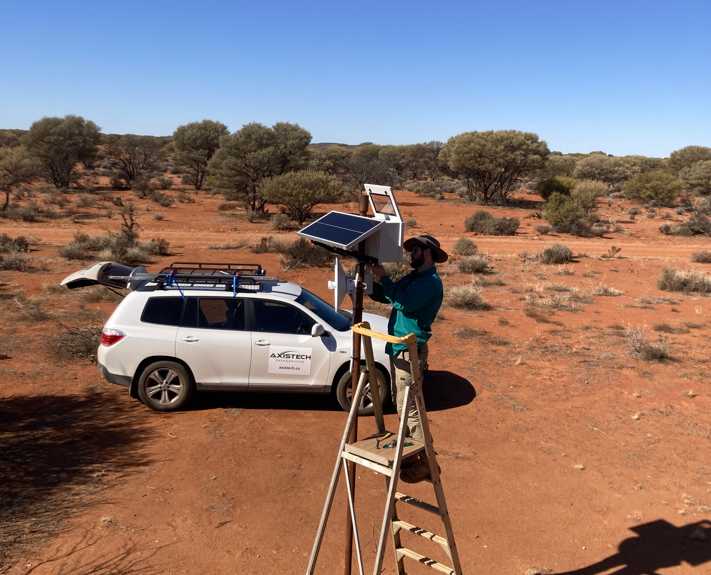
Developing automated technology to assess natural capital on pastoral leases
Digitising the measurement, management, and processing of biodiversity and soil organic carbon through the establishment of an in‐field methodology with readily available devices.
Lead: Southern Rangelands Pastoral Alliance (SRPA)
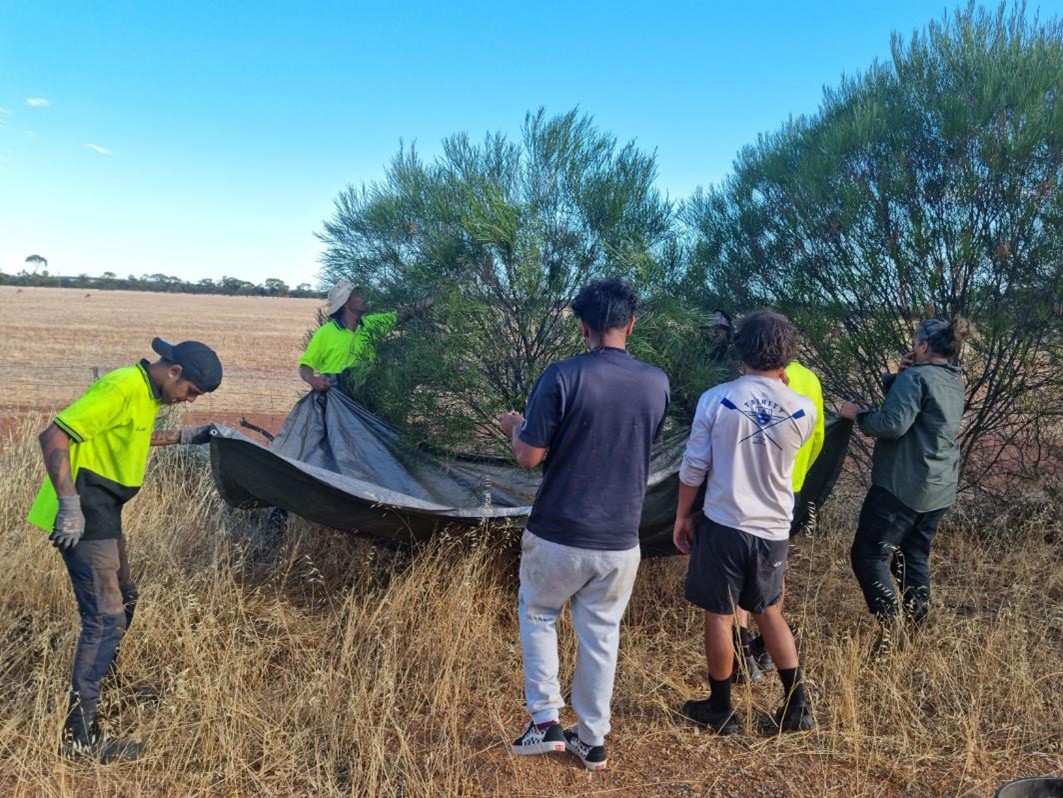
Avondale First People’s Traditional Produce Innovation and Manufacturing Hub
Facilitating ongoing wattle seed research and product development, a more expansive harvest and enabling products to be available for purchase.
Lead: Noongar Land Enterprise Group
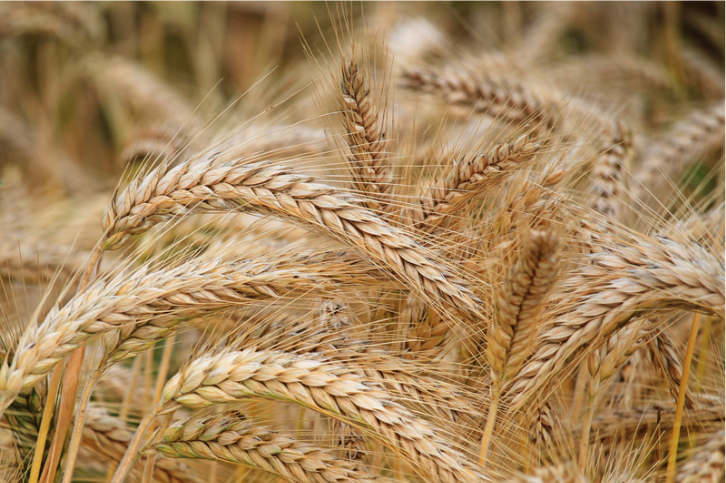
Reducing technical barriers for malting barley market access using innovative technology
Generating value to barley growers, barley breeders and the entire barley industry by supporting a faster pathway to market and market acceptance of new higher yielding malting barley varieties.
Lead: Australian Export Grains Innovation Centre (AEGIC)
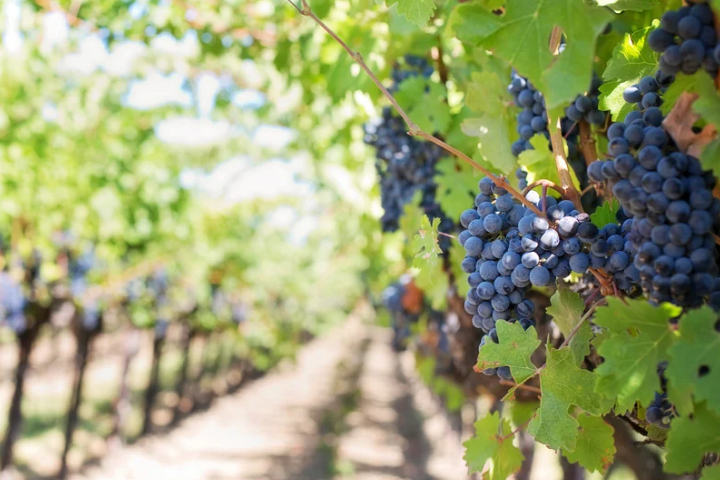
Implementing improved vineyard floor management for premium grape production in a warm and dry Mediterranean climate
Testing and demonstrating whether cover crops can be used in vineyards to address future drought and temperature change challenges.
Lead: The University of Western Australia (UWA)
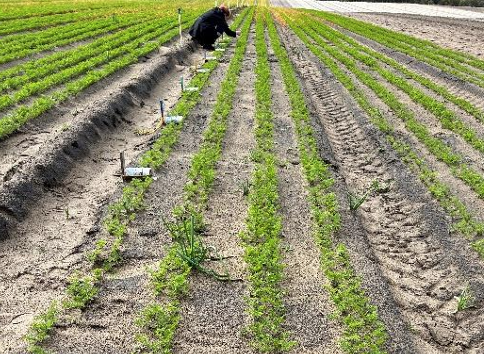
Supporting the adoption of biodegradable mulch technology in vegetable and perennial fruit enterprises
Demonstrating a novel, semi‐commercialised Sprayable Biodegradable Polymer Membrane (SBPM) developed by CSIRO.
Lead: Department of Primary Industries and Regional Development (DPIRD)
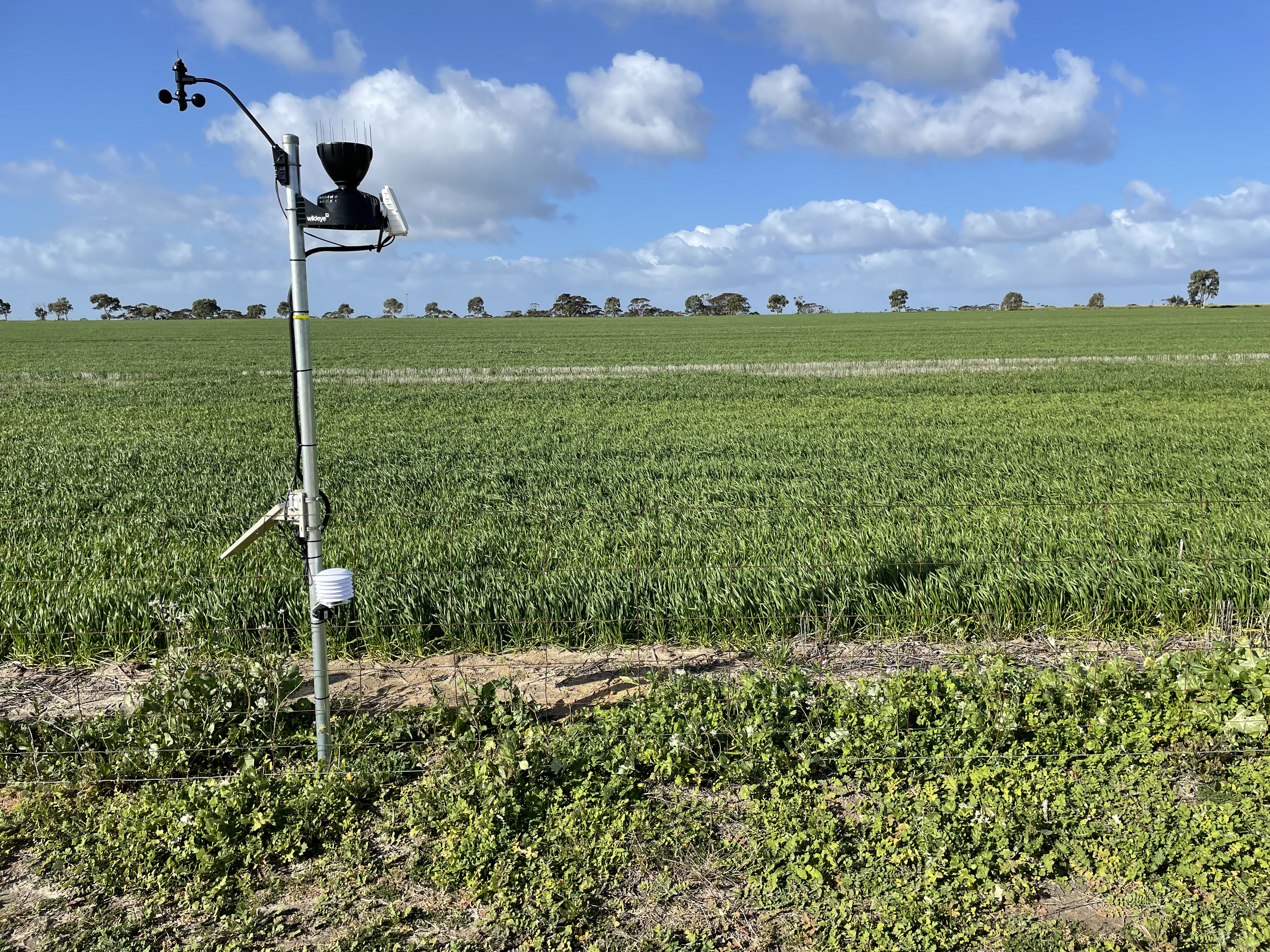
Agtech decoded: growers critically analysing the role of new technology in on‐farm decision making – what are the possibilities?
Assessing the ability of modern data analytics to address farming system challenges and improve in‐season decision making when faced with a variable climate.
Lead: Liebe Group
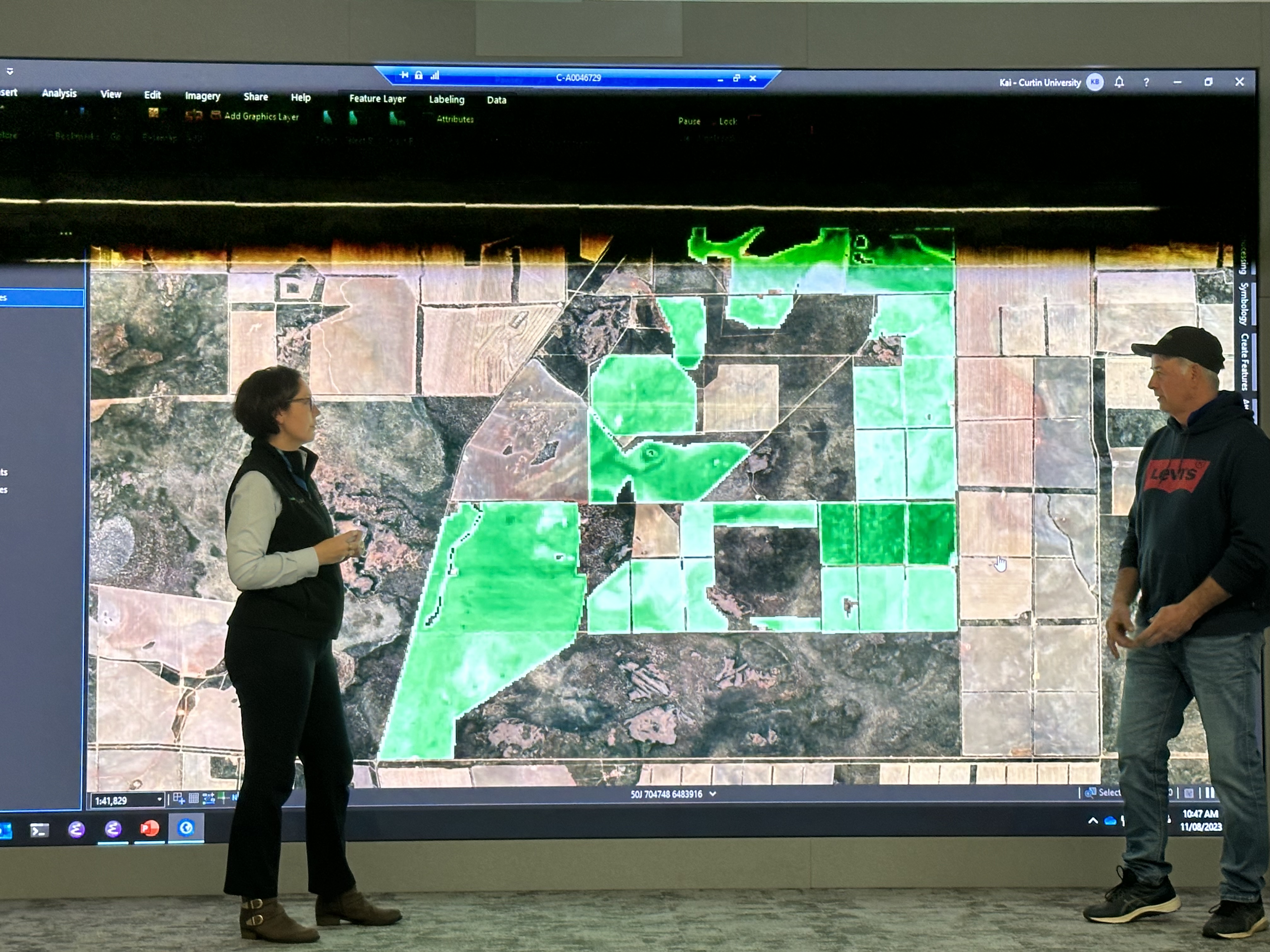
Digital Edge: Next generation agribusiness analytics for the Eastern Wheatbelt
Deploying the next generation of agribusiness models aimed at improving climate resilience in the eastern wheatbelt of WA by targeting profitability and sustainability at paddock, farm and farm enterprise scale.
Lead: Centre for Crop and Disease Management (Curtin University)
